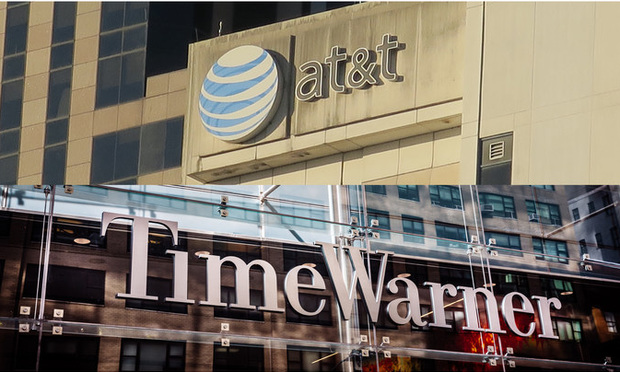Few things are as American as apple pie, baseball, or creating a corporate subsidiary to limit liability and risk. Just as pies and baseball are governed by recipes and rules, respectively, establishing or piercing a corporate veil works much the same.
A corporation or limited liability company (LLC) is ordinarily regarded as a legal entity separate and distinct from its owners and members. Entire industries—including finance and real estate—rely on a shared understanding that both sides in any given transaction will be represented by their respective corporate avatars: special-purpose entities created for the sole purpose of insulating the parent company from the risks associated with a particular deal, investment or agreement. In commercial real estate, for instance, it is often the case that both the landlord and the tenant listed on a lease are shell entities, the upshot being that if (or when) something goes wrong, neither parent entity will be on the hook.
This content has been archived. It is available through our partners, LexisNexis® and Bloomberg Law.
To view this content, please continue to their sites.
Not a Lexis Subscriber?
Subscribe Now
Not a Bloomberg Law Subscriber?
Subscribe Now
LexisNexis® and Bloomberg Law are third party online distributors of the broad collection of current and archived versions of ALM's legal news publications. LexisNexis® and Bloomberg Law customers are able to access and use ALM's content, including content from the National Law Journal, The American Lawyer, Legaltech News, The New York Law Journal, and Corporate Counsel, as well as other sources of legal information.
For questions call 1-877-256-2472 or contact us at [email protected]


 (L-R)David Perez, the firmwide chair of Perkins Coie’s business litigation practice, and Jake Dean And Aaron Ver, business litigation attorneys with the firm. Courtesy photos
(L-R)David Perez, the firmwide chair of Perkins Coie’s business litigation practice, and Jake Dean And Aaron Ver, business litigation attorneys with the firm. Courtesy photos



